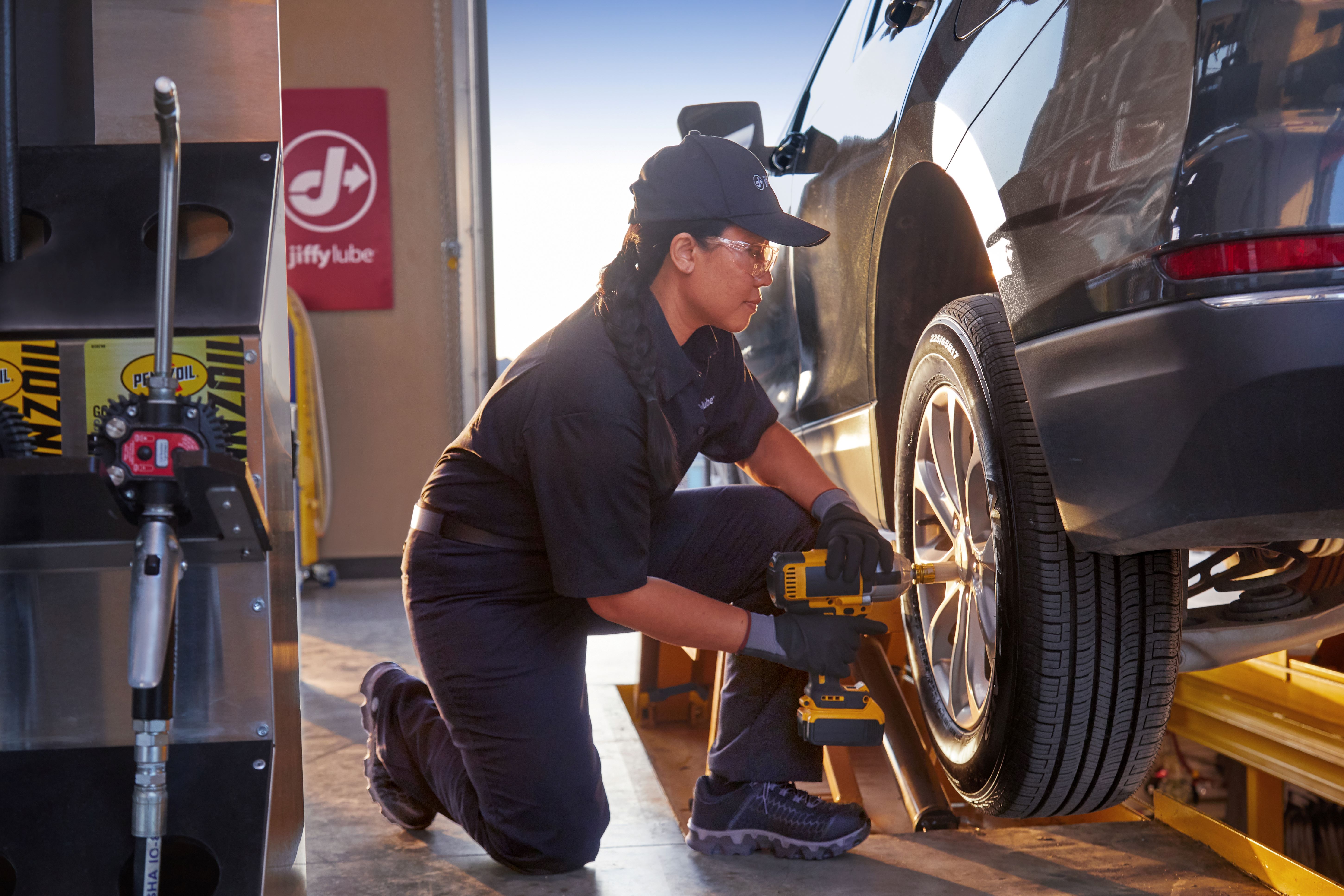Discover Top-Quality Tires Morris IL: Select the Best for Your Lorry
Discover Top-Quality Tires Morris IL: Select the Best for Your Lorry
Blog Article
Tire Solution: Understanding Tire Stress Tracking Equipments
Recognizing Tire Pressure Monitoring Equipments (TPMS) is a critical facet of keeping optimal car performance and security on the road. With advancements in automotive innovation, TPMS has become a standard function in contemporary cars, providing real-time details on tire pressure degrees.

Importance of TPMS
The significance of Tire Pressure Tracking Systems (TPMS) exists in their capability to improve car safety and efficiency through real-time surveillance of tire pressure degrees. Maintaining the proper tire pressure is critical for making certain optimal handling, stopping, and general safety of an automobile. TPMS offers drivers with immediate feedback on any kind of underinflated or overinflated tires, allowing for timely modifications to be made.
Elements of TPMS
Sensors are typically situated in the tire valve stem or affixed to the wheel assembly, where they gauge tire pressure and transmit data to the control component. Some advanced TPMS versions also present the actual tire stress analyses for each tire, giving vehicle drivers with real-time details to ensure ideal tire efficiency and security. By checking tire stress continuously, TPMS helps prevent crashes, lowers tire wear, and improves fuel efficiency, making it an essential element for car safety and performance. discount tires morris il.
Kinds Of TPMS

On the other hand, indirect TPMS depends on the car's wheel rate sensing units to check tire stress. This system spots underinflation by comparing the rotational rates of the wheels. Indirect TPMS is less costly than direct TPMS, as it makes use of existing sensing units within the automobile.
While direct TPMS supplies a lot more exact readings, indirect TPMS is simpler in layout and usually requires much less upkeep. Both systems have their benefits and limitations, and the selection between them typically depends upon variables such as cost, lorry make, and individual choice. Recognizing the differences between these 2 kinds of TPMS can assist car proprietors make notified decisions relating to tire maintenance and security.
TPMS Upkeep Tips
Conduct routine checks on the tire pressure levels and contrast them with the TPMS readings to guarantee they are consistent. During tire rotation or substitute, make certain that the you can try these out TPMS parts are taken care of meticulously to stop any possible damages. If the TPMS warning light brightens on the dashboard, deal with the concern quickly by inspecting the tire pressures and the general system for any kind of mistakes.
Advantages of Correct Tire Stress
Keeping appropriate tire pressure, as highlighted in TPMS Upkeep Tips, is critical for enjoying the countless advantages related to ideal tire pressure degrees. One of the main advantages of keeping the appropriate tire stress is boosted fuel effectiveness. When tires are appropriately blown up, there is much less moving resistance, resulting in far better gas economy. In addition, proper tire stress makes sure also tire wear, extending the life expectancy of the tires and promoting safer driving problems. With the right tire stress, vehicles also have far better handling and grip, particularly in negative weather. This can enhance overall driving performance and security for the vehicle driver and guests. In addition, preserving optimum tire pressure can add to a smoother and a lot more comfortable ride by decreasing resonances and sound triggered by underinflated tires. Finally, the advantages of proper tire pressure exceed just tire longevity; they incorporate enhanced fuel effectiveness, boosted security, far better vehicle efficiency, and general driving comfort.
Conclusion
Finally, understanding tire stress tracking systems (TPMS) is crucial for maintaining ideal tire pressure and guaranteeing car safety. By recognizing the value of TPMS, being acquainted with its parts, recognizing the different types available, sticking to appropriate maintenance pointers, and you can look here recognizing the benefits of preserving correct tire stress, vehicle drivers can improve their driving experience and extend the lifespan of their tires. Correct tire pressure is vital to risk-free and reliable lorry operation.

Report this page